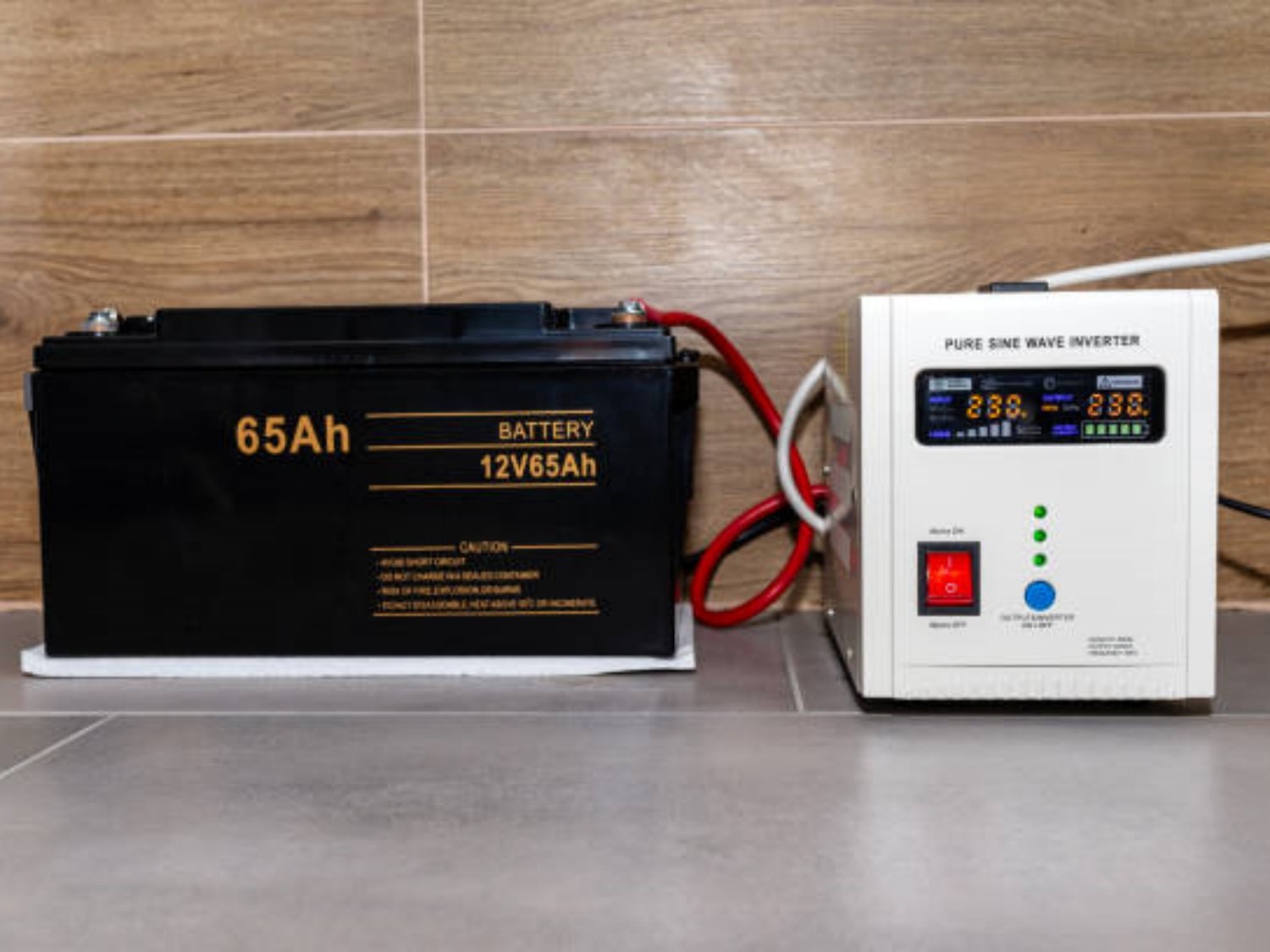Introduction
Vacuum cleaners have become an essential part of our daily lives, helping us maintain a clean and healthy living environment. As technology advances, so does the need for more efficient and reliable vacuum cleaners. One crucial aspect of these devices is the battery supervision system, which plays a vital role in enhancing both their performance and safety. In this article, we will delve into the various aspects of a Battery Supervision System for Vacuum Cleaners, exploring its importance, components, functioning, benefits, and more.
The Importance of a Battery Supervision System
A battery supervision system is designed to monitor and control the performance of the battery in a vacuum cleaner. It ensures that the battery operates within safe limits, preventing overcharging, over-discharging, and excessive temperature rise. By constantly monitoring the battery's voltage, current, and temperature, the supervision system optimizes the battery's performance, prolonging its lifespan, and improving the overall efficiency of the vacuum cleaner.
Components of a Battery Supervision System
A typical battery supervision system for vacuum cleaners consists of several key components:
- Battery Management Unit (BMU): The BMU serves as the brain of the supervision system, responsible for monitoring and controlling the battery's parameters.
- Voltage Monitoring Circuit: This circuit continuously measures the battery's voltage, ensuring it remains within the safe operating range.
- Current Sensing Circuit: The current sensing circuit measures the flow of current into and out of the battery, preventing overcharging or over-discharging.
- Temperature Monitoring Circuit: This circuit monitors the battery's temperature and triggers protective measures if it exceeds the safe limits.
- Battery Protection Circuit: The protection circuit safeguards the battery by disconnecting it from the vacuum cleaner in case of abnormal conditions or faults.
Functioning of a Battery Supervision System
The battery supervision system continuously collects data from the various sensors and circuits to ensure the battery's health and safety. It compares the measured values with pre-defined thresholds and takes appropriate actions to maintain optimal performance. For example, if the battery voltage drops below a certain level, the system may trigger a low-battery warning or initiate a charging cycle if the vacuum cleaner is connected to a power source.
Benefits of a Battery Supervision System
A battery supervision system offers several benefits for vacuum cleaners:
- Extended Battery Lifespan: By preventing overcharging and over-discharging, the supervision system helps extend the battery's lifespan, reducing the need for frequent replacements.
- Improved Performance: The system ensures that the vacuum cleaner operates at its optimal performance level, maintaining consistent suction power throughout its battery life.
- Enhanced Safety: With temperature monitoring and fault protection mechanisms, the supervision system minimizes the risk of battery-related accidents, such as overheating or short circuits.
- Efficient Power Management: By precisely monitoring the battery's state of charge, the system enables efficient power management, maximizing the runtime of the vacuum cleaner.
Integration with Smart Features
Modern vacuum cleaners often come with smart features that can be controlled via smartphone apps or voice assistants. A battery supervision system can be seamlessly integrated with these smart features, providing real-time battery status updates, estimated runtime, and even remote charging control. This integration enhances user convenience and allows for better planning and management of cleaning tasks.
Improving Battery Supervision Systems
As technology progresses, there are constant efforts to improve the capabilities of battery supervision systems for vacuum cleaners. Manufacturers are developing advanced algorithms and machine learning techniques to better predict battery health, optimize charging cycles, and provide more accurate runtime estimations. These advancements not only enhance the performance of vacuum cleaners but also contribute to a more sustainable and eco-friendly usage of batteries.
Conclusion
The battery supervision system is a crucial component of modern vacuum cleaners, ensuring their optimal performance, longevity, and safety. By monitoring and controlling the battery's parameters, this system enhances the overall user experience and enables efficient power management. With ongoing advancements in technology, we can expect even smarter and more efficient battery supervision systems for vacuum cleaners in the future.

